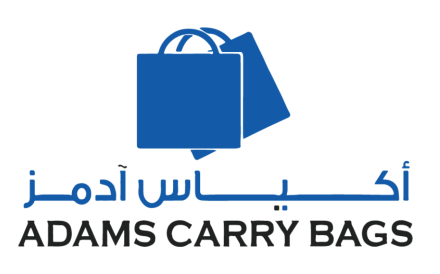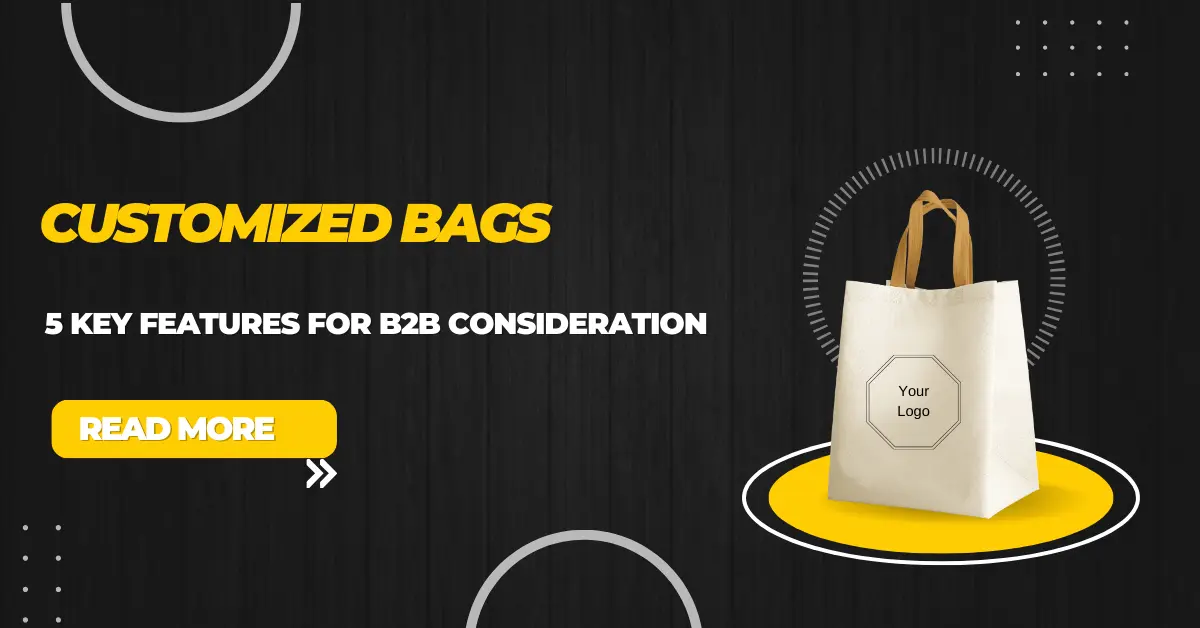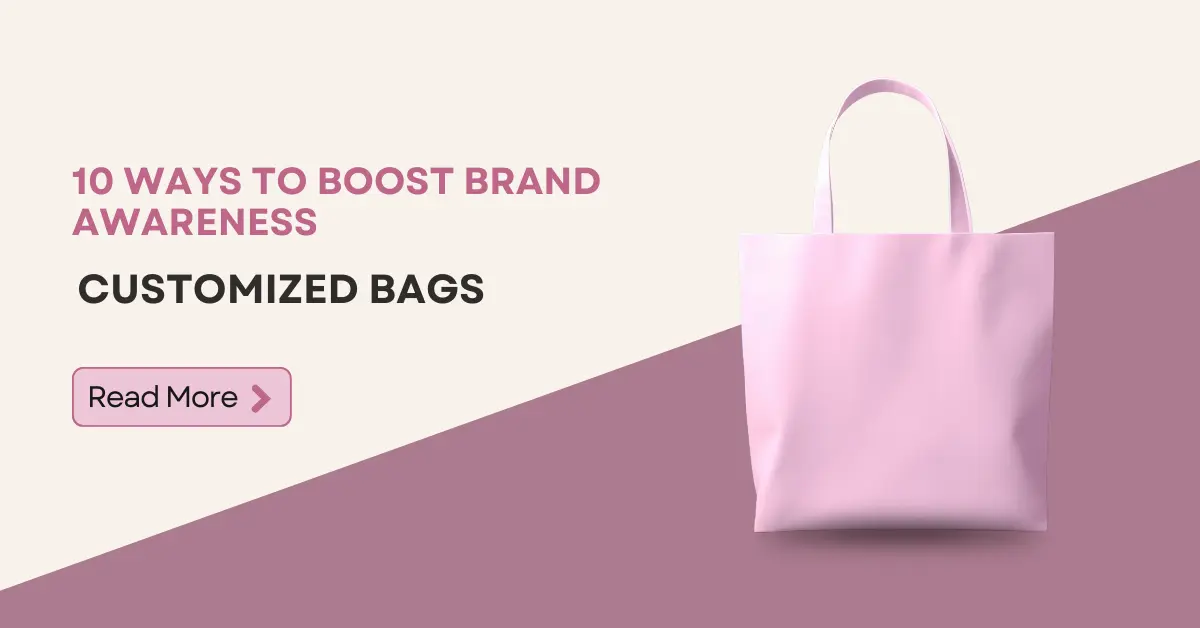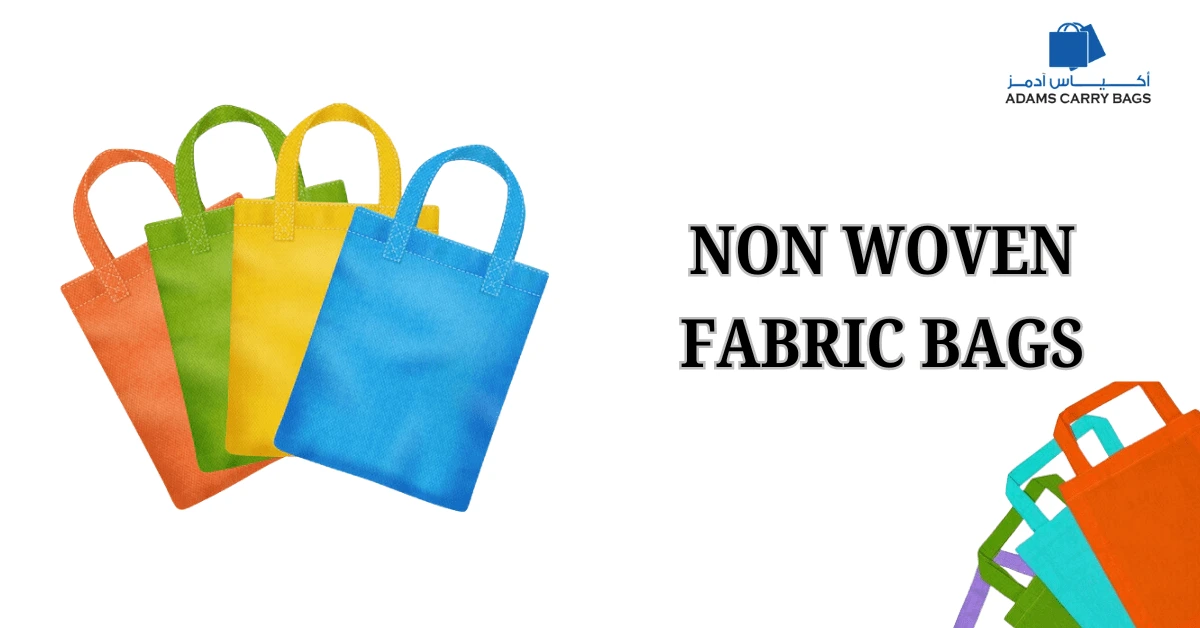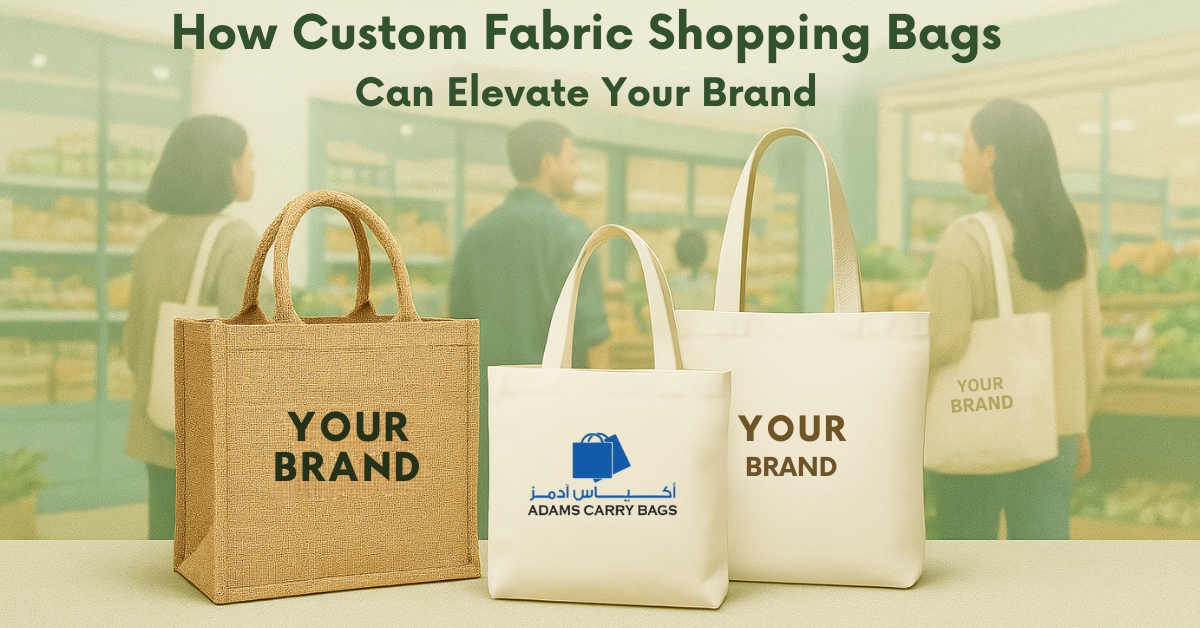In today’s competitive marketplace, businesses are continuously seeking innovative ways to stand out and strengthen their brand identity. One effective strategy is through customized bags. Whether used for promotional purposes, corporate gifts, or employee gear, customized bags offer a unique opportunity to showcase a brand’s personality and values. However, selecting the right customized bags for business-to-business (B2B) purposes requires careful consideration of various features to ensure they meet both aesthetic and functional needs. Here are five key features B2B buyers should consider when investing in customized bags.
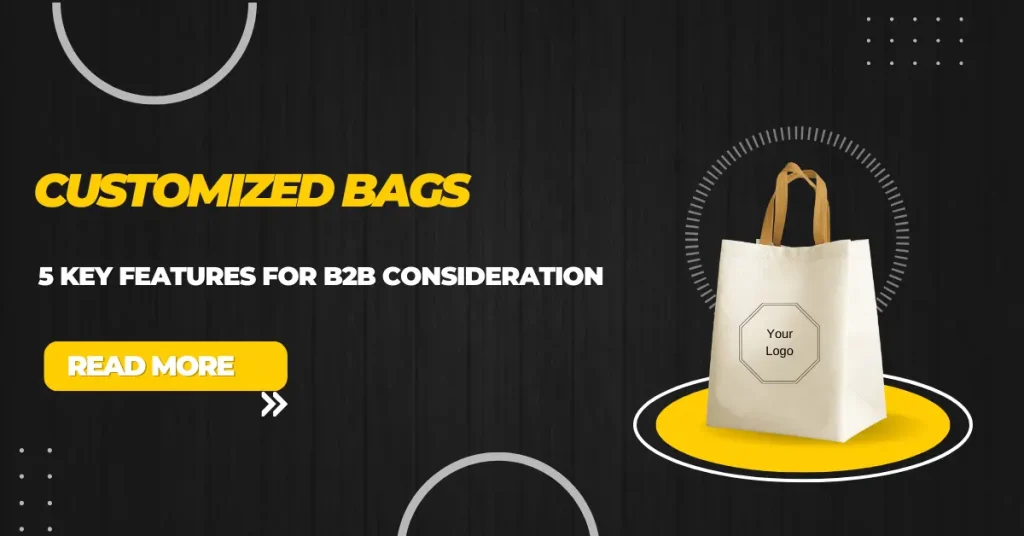
Customized Bags: 5 Key Features for B2B Consideration
1. Material Quality and Durability
The first and foremost feature to consider is the material quality of the bags. For B2B purposes, it’s crucial that the bags are made from durable materials that can withstand regular use. Common materials include:
- Canvas: Known for its robustness and natural look, canvas is an excellent choice for eco-friendly brands.
- Nylon: Lightweight yet durable, nylon is water-resistant, making it ideal for outdoor or sports-related businesses.
- Leather: Offering a premium look and feel, leather bags are perfect for high-end corporate gifts or executive use.
- Recycled Materials: Increasingly popular due to sustainability concerns, bags made from recycled materials demonstrate a commitment to environmental responsibility.
Durability not only ensures the longevity of the bag but also reflects positively on your brand. High-quality materials convey that your business values quality and is willing to invest in lasting products.
2. Customization Options
Customization is at the heart of creating a bag that truly represents your brand. The extent to which you can customize a bag can vary, so it’s important to consider the following options:
- Logo Placement and Printing Techniques: Decide where you want your logo to be placed and how it will be applied. Options include screen printing, embroidery, heat transfer, and debossing. Each method offers different aesthetic outcomes and durability.
- Color Choices: Ensure that the bag’s color aligns with your brand’s color scheme. Some suppliers offer a wide range of colors, while others may provide the option to dye the fabric to match your brand’s exact color.
- Additional Features: Custom pockets, zippers, straps, and compartments can enhance the functionality of the bag and provide a more personalized touch.
- Design Consultation: Some suppliers offer design consultation services to help you create a unique design that perfectly fits your brand’s image.
The level of customization available can significantly impact the bag’s ability to effectively promote your brand.
3. Functionality and Usability
While aesthetics is important, the functionality of the bag should not be overlooked. The bag must be practical and useful for its intended purpose. Consider the following aspects:
- Size and Capacity: Ensure the bag is appropriately sized for its intended use. For example, laptop bags should have enough space to accommodate various laptop sizes along with additional compartments for accessories.
- Comfort: Features like padded straps and ergonomic designs can enhance the comfort of the bag, making it more likely to be used regularly.
- Storage Compartments: Multiple compartments and pockets can increase the bag’s usability by helping users organize their belongings better.
- Versatility: Bags that can serve multiple purposes (e.g., a tote bag that doubles as a laptop carrier) offer added value to recipients.
A functional bag that meets the daily needs of its users will be used more often, providing more exposure for your brand.
4. Eco-Friendliness
Sustainability is a growing concern for businesses and consumers alike. Choosing eco-friendly materials and processes for your customized bags can enhance your brand’s image as a responsible and forward-thinking entity. Here are some eco-friendly options to consider:
- Recycled Materials: Bags made from recycled plastics, fabrics, or other materials reduce waste and environmental impact.
- Organic Materials: Organic cotton or other natural fibers are biodegradable and produced without harmful chemicals.
- Sustainable Production Practices: Ensure that the supplier follows environmentally friendly practices in the production process, such as reducing water usage and minimizing carbon emissions.
By choosing eco-friendly customized bags, you align your brand with the values of sustainability and responsibility, which can be a strong selling point in today’s market.
5. Cost-Effectiveness
Finally, the cost is a critical factor in any B2B purchase decision. While it’s important to invest in quality and customization, it’s also essential to stay within budget. Consider the following cost-related aspects:
- Bulk Order Discounts: Many suppliers offer discounts for bulk orders, which can significantly reduce the cost per unit.
- Long-Term Value: Evaluate the long-term value of the bags. Durable, high-quality bags might have a higher upfront cost but can provide better value over time due to their longevity.
- Supplier Relationships: Building a strong relationship with a reliable supplier can lead to better pricing, favorable terms, and more personalized service.
Balancing cost with quality and functionality is key to making a wise investment in customized bags.
Customized bags offer a versatile and effective way to promote your brand, whether as promotional items, corporate gifts, or practical employee gear. By considering material quality, customization options, functionality, eco-friendliness, and cost-effectiveness, B2B buyers can ensure they select the best customized bags to meet their needs. Investing in well-designed, durable, and branded bags not only enhances brand visibility but also reinforces your business’s commitment to quality and sustainability. Make thoughtful choices, and your customized bags will become a valuable asset in your brand’s marketing toolkit.
